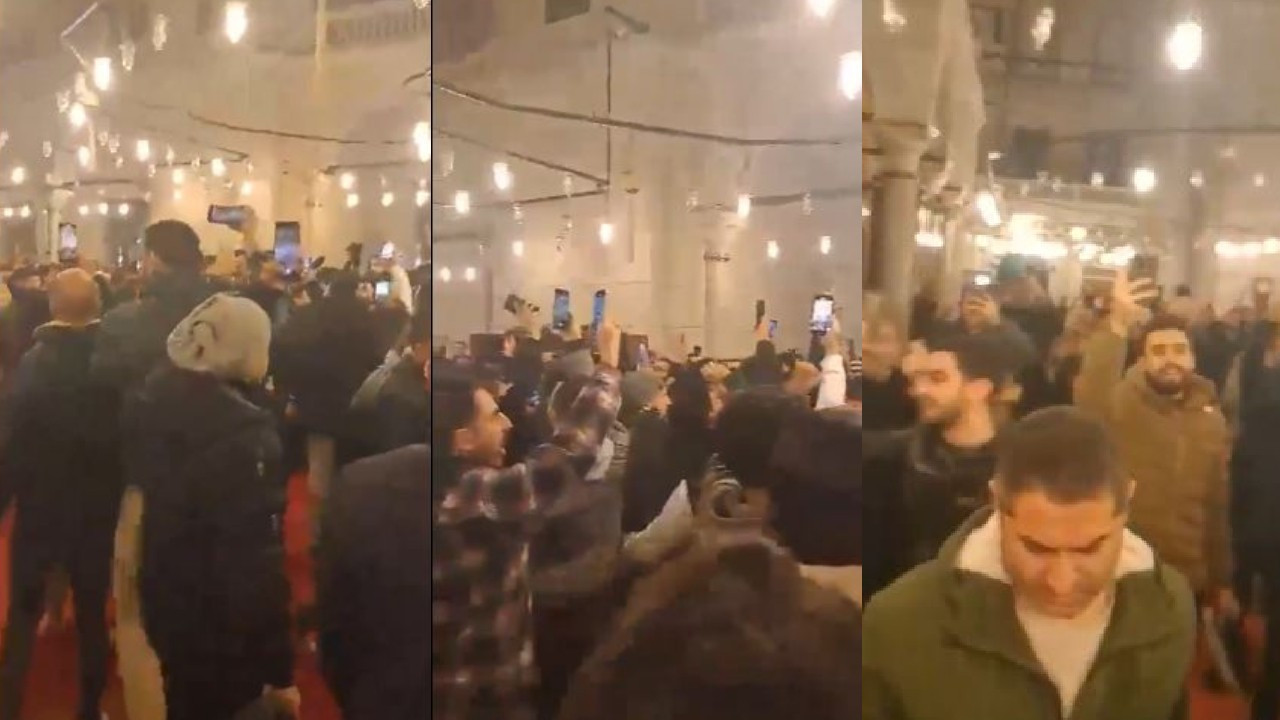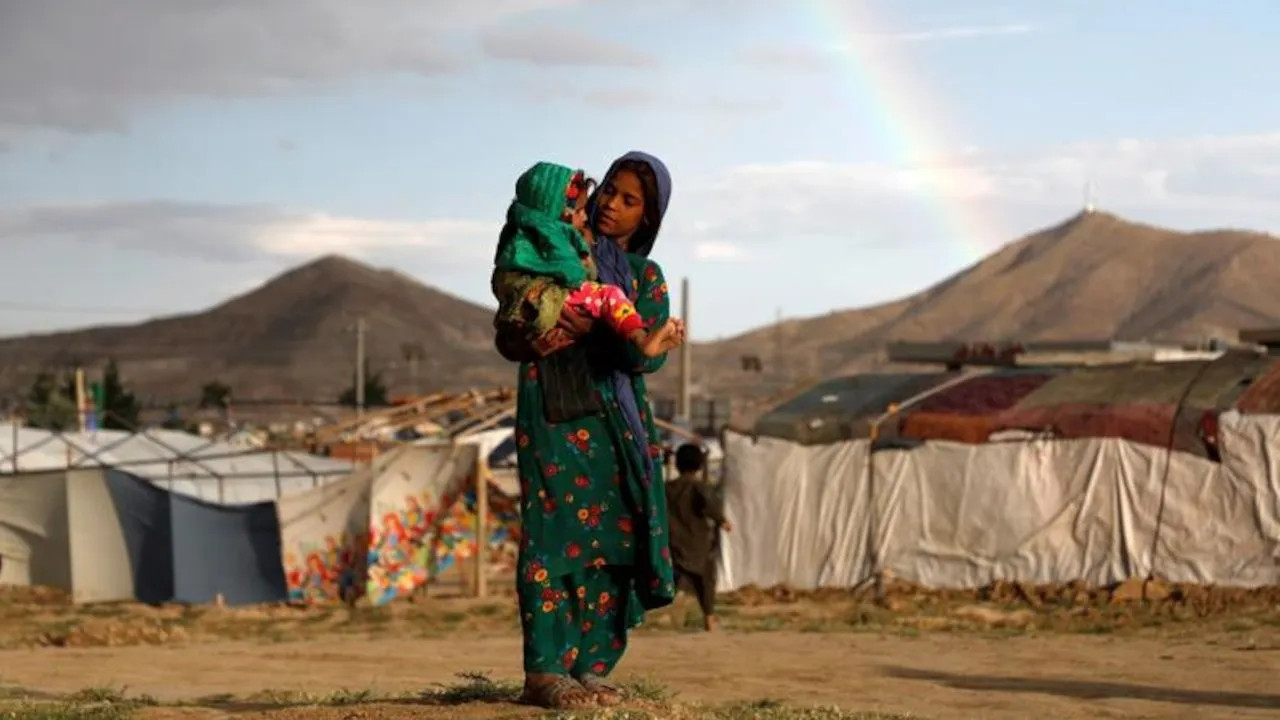Turkey to reopen border gate closed since 2013 for Syrians' return
Turkey has been set to open its Yayladağı border gate with Syria to oversee the safe and voluntary return of millions of Syrian migrants residing in the country, President Erdoğan announced.
Reuters
Turkey is opening its Yayladağı border gate with Syria to manage the safe and voluntary return of the millions of Syrian migrants it hosts, President Recep Tayyip Erdoğan said on Dec. 9, after President Bashar al-Assad's sudden ouster by rebels.
In one of the biggest turning points for the Middle East in generations, rebels seized the Syrian capital Damascus and Assad fled to Russia, following 13 years of civil war and more than 50 years of his family's brutal rule.
"We are opening the Yayladağı border gate to crossings to prevent any congestion and ease traffic," Erdoğan said, speaking after a cabinet meeting in Ankara.
The Yayladağı crossing close to the northwest edge of Syria has been closed since 2013 due to fighting near the border.
"We will also manage the processing of immigrants' voluntary returns in a way befitting our hosting," Erdoğan said.
Earlier on Monday, Foreign Minister Hakan Fidan said Turkey would work for the safe and voluntary return home of the Syrian migrants it hosts.
Turkey - which said it gave no support and had no involvement in the offensive by the Syrian opposition forces it has backed for years against Assad - said on Sunday it wanted the new Syrian administration to be inclusive and for Syrians to determine their own future.
In an address to the Turkish Ambassadors' Conference in Ankara, Fidan said Turkey was ready to provide support for Syria's rebuilding and that it was coordinating with all "regional actors and parties".
He added that Ankara would stand with Syrians in this "new phase" in Damascus, but groups such as Islamic State and the Kurdistan Workers' Party (PKK), which Ankara sees as terrorist organizations, must not benefit from the situation.
NATO member Turkey hosts some 3 million Syrian migrants and refugees, making it the biggest host of Syrians who have fled the civil war.
It also controls swathes of land in northern Syria after several cross-border incursions against the Syrian Kurdish YPG militia, which Ankara sees as an extension of the PKK.
Shares in Turkish construction and cement companies surged on Dec. 9, buoyed by expectations that they will benefit from rebuilding in Syria.

 Turkish construction shares surge amid Syria rebuilding hopesEconomy
Turkish construction shares surge amid Syria rebuilding hopesEconomy Syrian refugees celebrate fall of Assad across TurkeyDomestic
Syrian refugees celebrate fall of Assad across TurkeyDomestic Over 4 million registered foreign residents in TurkeyDomestic
Over 4 million registered foreign residents in TurkeyDomestic